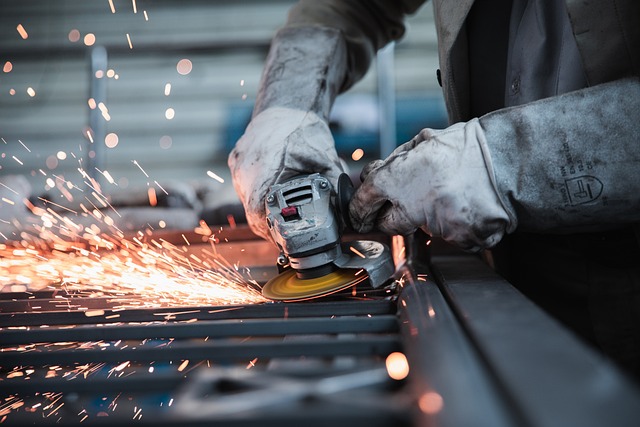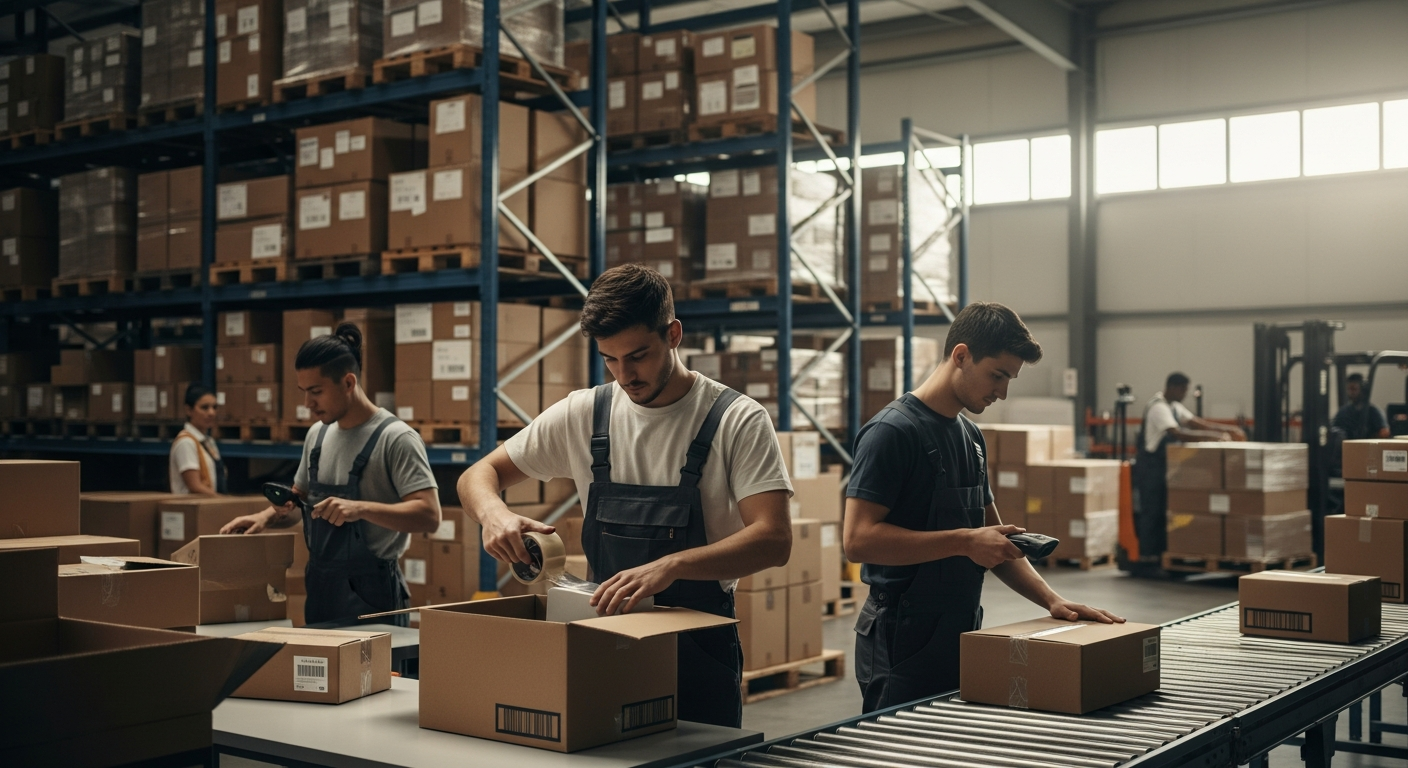Building a Career with Welding Companies in Australia
Australia's construction, mining, and manufacturing sectors continue to drive strong demand for skilled welders across the country. From major infrastructure projects in Sydney and Melbourne to mining operations in Western Australia and Queensland, welding professionals find diverse opportunities to build rewarding careers. Understanding the employment landscape, required skills, and industry expectations helps aspiring welders make informed decisions about entering this essential trade.

Skills That Employers Expect
Australian welding companies seek candidates with both technical competencies and workplace readiness skills. Metal fabrication techniques form the foundation, with employers prioritising proficiency in MIG, TIG, and stick welding processes. Blueprint reading and measurement skills enable welders to interpret technical drawings accurately and execute projects to specification.
Safety awareness ranks among the most critical requirements, as welding environments present various hazards including electrical risks, toxic fumes, and high temperatures. Employers expect workers to understand safety protocols, use personal protective equipment correctly, and maintain awareness of workplace hazards. Physical stamina and manual dexterity support the demanding nature of welding work, which often involves working in confined spaces or challenging positions.
Communication skills and teamwork abilities complement technical expertise, particularly on large construction sites where coordination between trades is essential. Problem-solving capabilities help welders adapt to unexpected challenges and maintain project timelines.
What the Job Involves
Welding work in Australia encompasses diverse tasks across multiple industries. Manufacturing facilities require welders to assemble components for machinery, vehicles, and industrial equipment. Construction projects involve structural welding for buildings, bridges, and infrastructure developments. Mining operations need maintenance welding for heavy equipment and processing facilities.
Daily responsibilities typically include preparing work surfaces, selecting appropriate welding techniques for specific materials, and conducting quality inspections of completed welds. Equipment maintenance forms another crucial aspect, as welders must keep tools and machinery in optimal working condition. Documentation requirements involve recording work completed, materials used, and quality control measures.
Work environments vary significantly, from climate-controlled workshops to outdoor construction sites and remote mining locations. Some positions require travel to different project sites, while others offer stable workshop-based employment. Shift work is common in industries requiring continuous operations, including mining and heavy manufacturing.
Why Australia Needs More Welders
Australia’s economic growth creates substantial demand for skilled welders across multiple sectors. Major infrastructure projects, including transport networks, energy facilities, and urban development initiatives, require significant welding expertise. The mining industry’s ongoing expansion drives demand for maintenance and construction welding services in remote locations.
Manufacturing resurgence, particularly in defence and renewable energy sectors, increases opportunities for specialised welding work. Government investment in renewable energy infrastructure creates new career paths in wind turbine assembly, solar panel mounting systems, and battery storage facilities.
An aging workforce compounds the skills shortage, as experienced welders approach retirement without sufficient new entrants to replace them. Immigration programs specifically target skilled welders, recognising the occupation’s importance to Australia’s economic development. Regional areas particularly struggle to attract qualified welders, creating opportunities for professionals willing to relocate.
Training pathways through TAFE institutions and apprenticeship programs provide structured entry routes, but completion rates remain insufficient to meet industry demand. This shortage translates to competitive salaries and strong job security for qualified welders.
Career Progression Opportunities
Welding careers in Australia offer multiple advancement pathways beyond entry-level positions. Specialisation in specific welding processes or materials can lead to higher-paying roles requiring advanced certifications. Underwater welding, aerospace applications, and pipeline work represent premium specialisations with substantial earning potential.
Supervisory roles become available as welders gain experience, leading teams on major projects and overseeing quality control processes. Project management positions suit welders who develop strong organisational and communication skills alongside their technical expertise.
Entrepreneurial opportunities exist for experienced welders to establish independent contracting businesses or specialised fabrication companies. Rural and regional areas particularly benefit from mobile welding services addressing agricultural and infrastructure maintenance needs.
Salary Expectations and Employment Conditions
| Experience Level | Annual Salary Range | Hourly Rate | Industry Sector |
|---|---|---|---|
| Entry Level | $50,000 - $65,000 | $25 - $32 | General Manufacturing |
| Experienced | $65,000 - $85,000 | $32 - $42 | Construction/Mining |
| Specialist | $85,000 - $120,000 | $42 - $60 | Underwater/Pipeline |
| Supervisor | $90,000 - $130,000 | $45 - $65 | Project Management |
Prices, rates, or cost estimates mentioned in this article are based on the latest available information but may change over time. Independent research is advised before making financial decisions.
Salary variations reflect factors including location, industry sector, and specific skills. Mining regions typically offer premium rates to attract workers to remote locations, while metropolitan areas provide more consistent employment opportunities. Overtime rates and allowances for challenging working conditions can significantly increase total compensation packages.
Welding represents a stable career choice in Australia’s evolving economy, offering diverse opportunities across essential industries. Strong demand, competitive compensation, and clear advancement pathways make this trade attractive for individuals seeking practical, hands-on careers. Success requires commitment to developing technical skills, maintaining safety standards, and adapting to new technologies and materials as the industry evolves.




